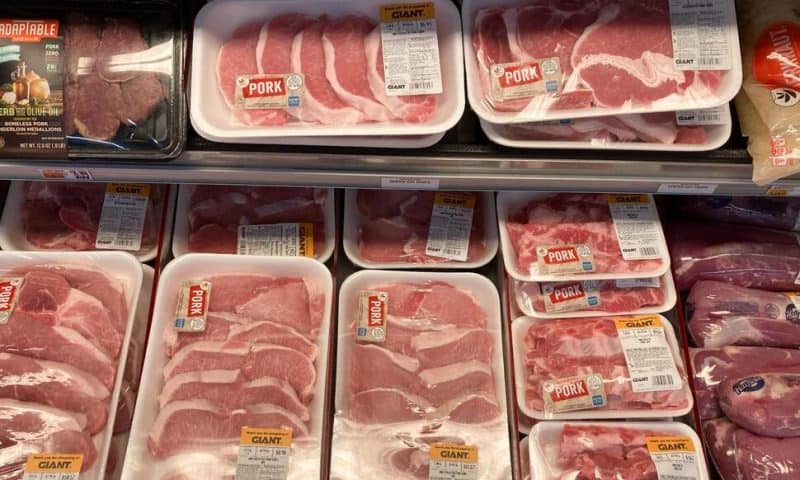Inflation at the wholesale level rose 8.6% last month from a year earlier, matching September’s record annual gain and offering more evidence that inflationary pressures are not yet easing.
WASHINGTON — Inflation at the wholesale level rose 8.6% last month from a year earlier, matching September’s record annual gain and offering more evidence that inflationary pressures are not yet easing.
The Labor Department reported Tuesday that its producer price index — which measures inflation before it hits consumers — rose 0.6% last month from September, pushed higher by surging gasoline prices. Excluding volatile food and energy prices, wholesale inflation was up 0.4% in October from September and 6.8% from a year ago.
More than 60% of the September-October increase in overall producer prices was caused by a 1.2% increase in the price of wholesale goods as opposed to services. A 6.7% jump in wholesale gasoline prices helped drive goods prices up.
Mostly dormant for decades, inflation has returned to the United States this year. The economy’s strong rebound from the 2020 coronavirus caught many businesses by surprise. Their scramble to meet unexpectedly strong demand has created shortages of labor, raw materials and goods and snarled traffic at ports and freight yards. The result has been higher prices, and the supply squeeze is expected to last at least well into 2022.
“Since the pandemic, supply chains have never been the same and likely won’t normalize for several more months,” Contingent Macro Advisors said in a research note.
On Wednesday, the Labor Department will release its consumer price index for last month. According to a survey of economists by FactSet, it is expected to show that consumer prices rose 0.5% from September and 5.8% from a year earlier — beating September’s 5.4% year-over-year gain, the fastest since 2008.

